Medewerkers met het vakgebied Microbiologie
Wetenschap ontwikkelt zich waar verschillende vakgebieden samenkomen. Alleen al daarom bestaat er binnen de RUG een grote verscheidenheid aan vakgebieden, met daarbinnen een groot aantal vakspecialisten. Met behulp van onderstaand overzicht, gebaseerd op een vaststaande indeling van wetenschapsgebieden, vindt u op elk vakgebied de juiste deskundige. Komt de deskundige die u zoekt niet voor in deze lijst? Via een vergelijkbaar vakgebied of een gerelateerde faculteit vindt u mogelijk alsnog de juiste persoon.
Overzicht van alle vakgebieden
Archaeal viruses

Contact
z.aguirre.sourrouille rug.nl
Functie
Promovendus-Moleculaire Microbiologie
Vakgebied
Synthetic biology
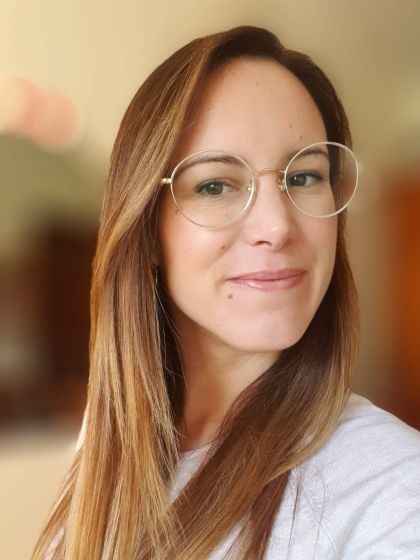
Contact
p.alvarez.sieiro rug.nl
Functie
Lecturer BSc Biology
Marine Microbiologist with an interest in phytoplankton, algal physiology, primary production, DMSP production and sea ice habitats.
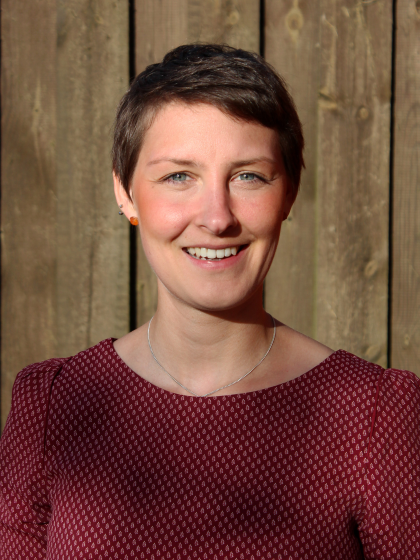
Contact
m.g.bach rug.nl
Functie
Promovendus
Ik ben een structureel biochemicus die werkt op het gebied van bacteriële eiwittoxinen.
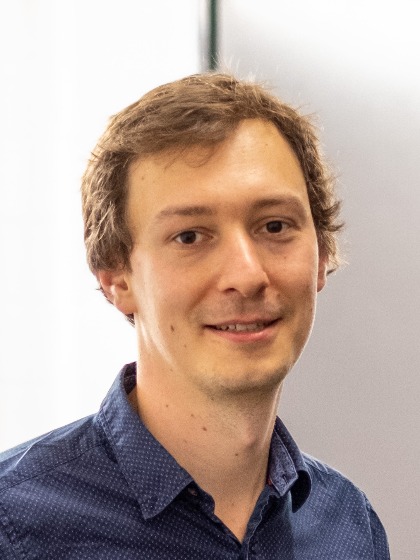
Contact
Functie
Assistant professor
Microbial epidemiology, clinical microbiology, antimicrobial resistance (AMR), data science, epidemiological modelling, machine learning, artificial intelligence in healthcare, natural language processing (NLP), electronic health records (EHR), infectious... read more

Contact
Functie
Medisch epidemioloog-microbioloog
Vakgebied
Praktijk onderwijs. Vanuit opleiding ook expertise in neurowetenschappen en moleculaire biologie
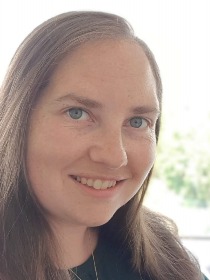
Contact
Functie
Docent Biologie en Life Science & Technology
Vakgebied
Moleculaire Genetica, Bacteriologie, Medische Microbiologie, Infectie preventie
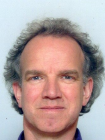
Contact
g.buist umcg.nl
Functie
Assistant Professor
Biomaterial-associated infections
- how they develop
- how to prevent
- how to evaluate preventive measures
- how they develop
- how to prevent
- how to evaluate preventive measures

Contact
h.j.busscher umcg.nl
Functie
Emeritus hoogleraar

Contact
Functie
Hoogleraar
Bacteriële genexpressie, eiwitlokalisatie, eiwitsecretie, bacterie-gastheerinteracties, bacteriële pathogenese, beeldvorming van bacteriële infecties
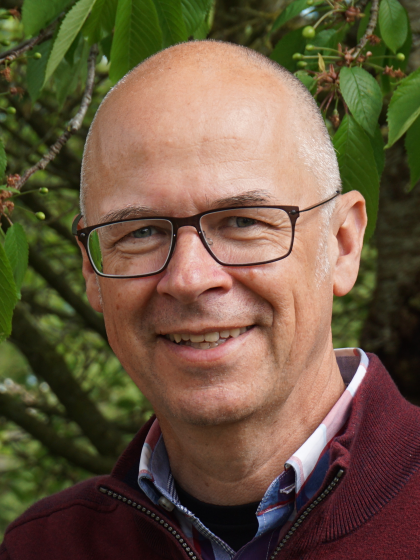
Contact
Functie
Hoogleraar Medische Microbiologie
Medische Microbiologie en Infectiepreventie
Kwaliteit en Veiligheid in de Patiëntenzorg
Kwaliteit en Veiligheid in de Patiëntenzorg

Membraan biologie, Eiwittranslocatie en membraaneiwit biogenese, Multidrugresistentie, Biotechnologie van Filamenteuze Schimmels en Gisten, Membraan biologie van hyperthermofiele Archaea, Synthetische cellen
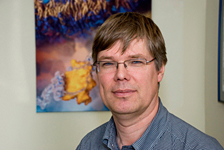
Contact
Functie
Hoogleraar Moleculaire Microbiologie
Research software development;Experimental evolution; Microbiology; Antibiotic resistance; Theoretical biology; Computational biology; Paleontology
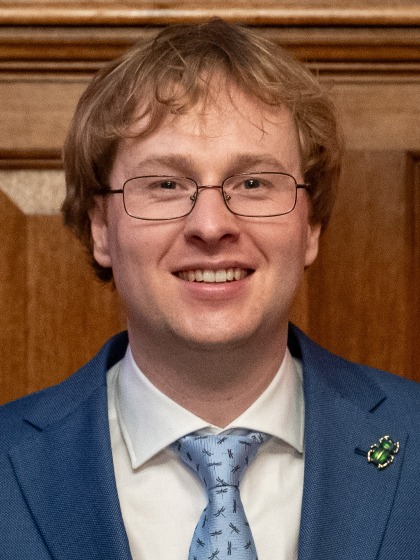
Contact
t.j.b.van.eldijk rug.nl
Functie
Research Software Steward
biotechnologie, microbiologie, scheidingstechnologie, watertechnologie, high througput screening, biochemie, enzymologie
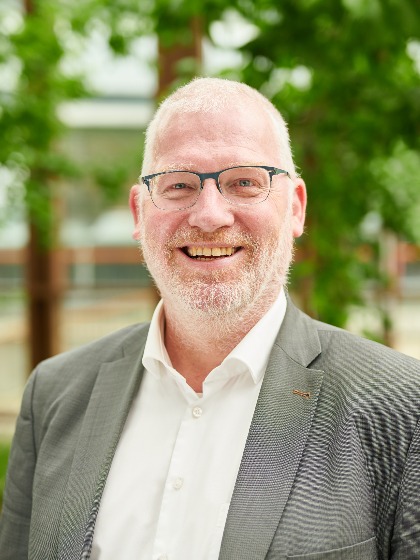
Contact
Functie
Hoogleraar
Microbial Community Ecology
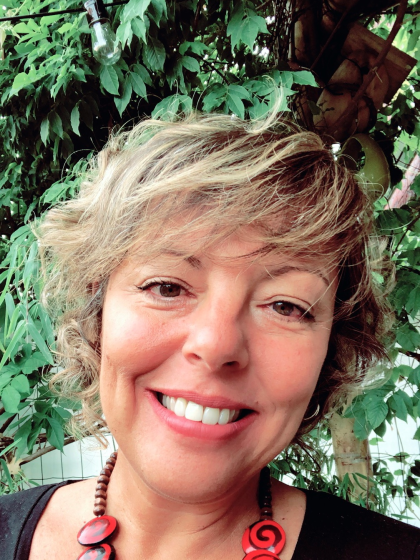
Molecular diagnostics of infectious diseases -Molecular Biology - Cell biology - Microbiology - Genomics - Next Generation Sequencing - Genotyping
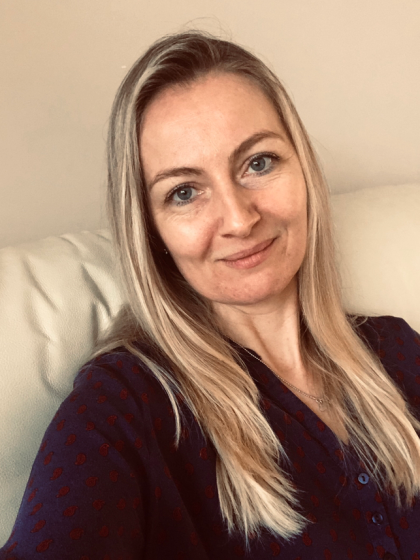
Contact
m.a.chlebowicz umcg.nl
Functie
PostDoc/ MMM (Medisch Moleculair Microbioloog)
Corinna Glasner is wetenschappelijk projectmanager bij de lead partner van de twee INTERREG V projecten EurHealth-1Health en health-i-care en onderzoeker bij de afdeling Medische Microbiologie en Infectiepreventie. Haar expertise ligt in de moleculaire... lees meer

Contact
Functie
wetenschappelijk project manager
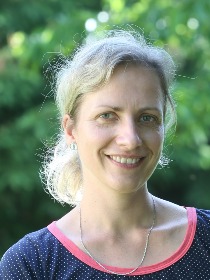
Microbiële fysiologie, humane microbiome, pre- en probiotica.
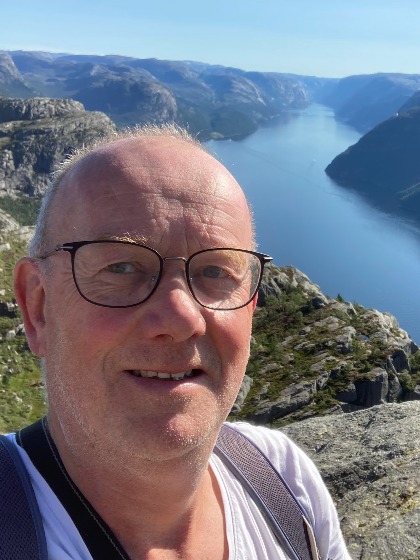
Contact
Functie
Universitair hoofddocent
Vakgebied
Natural product discovery and characterization
Engineering of microbial cell factories
Enzyme discovery and characterization
Structural Biology, macromolecular X-ray crystallography
Engineering of microbial cell factories
Enzyme discovery and characterization
Structural Biology, macromolecular X-ray crystallography
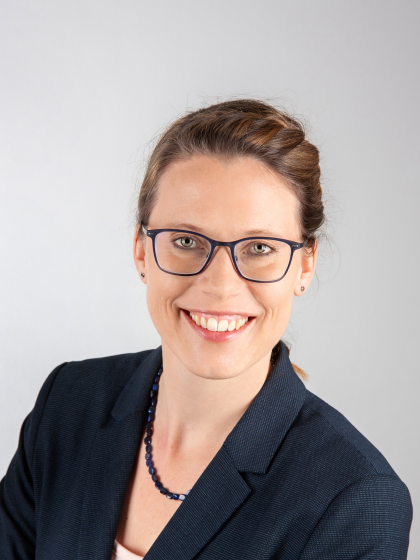
Contact
Functie
Adjunct hoogleraar Farmaceutische Biologie
microbial metabolism, systems biology, single cell analysis, modeling
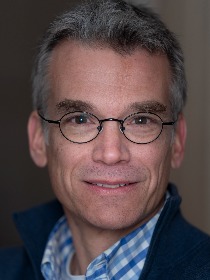
Contact
Functie
Hoogleraar
Vaccinology
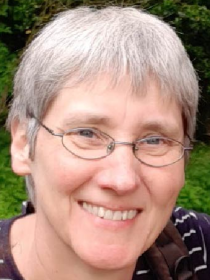
Contact
Functie
Hoogleraar Vaccinologie
Vakgebied
Biologische veiligheid, microscopie, celbiologie
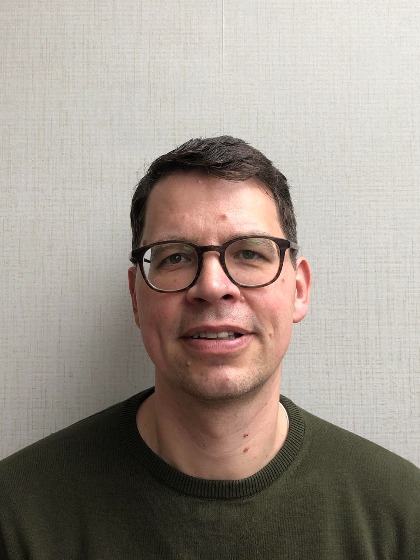
Contact
Functie
Biologische veiligheidsfunctionaris (BVF)
Vakgebied

Contact
Functie
Program manager Carbohydrate Competence Center
Moleculaire Genetica
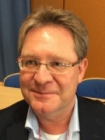
Contact
Functie
Hoogleraar
Klinische virologie

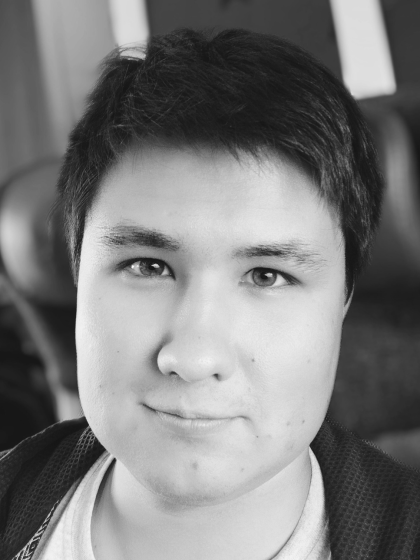

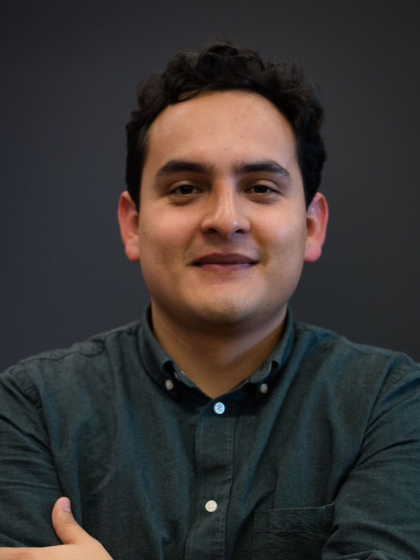
Biotechnology & Applied Microbiology, Microbiology, Food Science & Technology, Biobased Economy, Enzymology, Intellectual Property and Patents, Applied Biocatalysis, Starch, Carbohydrates
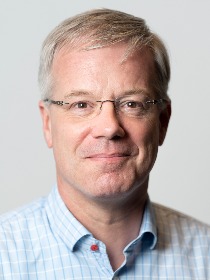
Contact
Functie
Hoogleraar

Biomateriaal gerelateerde infecties in het menselijk lichaam is mijn belangrijkste onderzoeksveld. Hierbij wordt er vooral gekeken naar het effect van een gemodificeerd biomateriaal op bacteriele adhesie en biofilm vorming.
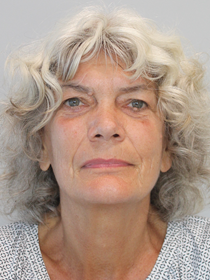
Contact
Functie
Hoogleraar
Metagenomics

Ontwikkeling en implementatie van moleculaire technieken in de klinische virologie. Wat is de meerwaarde van deze techniek. Organiseert en ontwikkelt internationale kwaliteits controle programma's in de moleculaire diagnostiek. Betrokken bij MiddleWare... lees meer

Contact
Functie
Hoogleraar Medische Microbiologie, hoofd sectie klinische virologie
Vakgebied
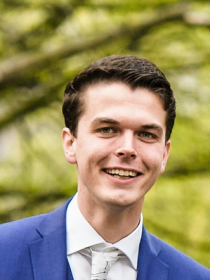
Contact
Functie
Postdoc
Kernporiecomplex; Intrinsiek ongestructureerde eiwitten

Molecular biology, protein biochemistry and bioinformatics.
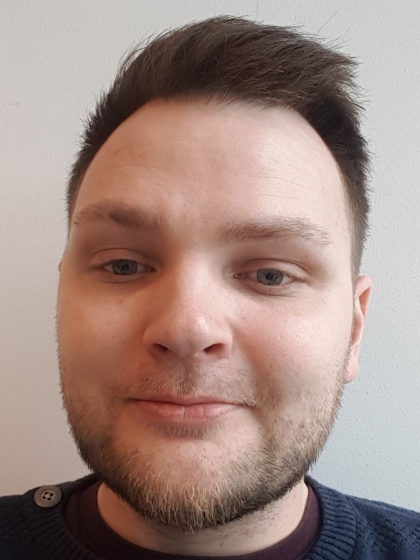
Contact
Functie
Ph.D. student

Bacterial culturomics, spezialized in anaerobic bacteria.
Host-Microbe interaction models.
Host-Microbe interaction models.
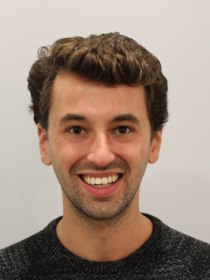
Contact
Functie
Promovendus
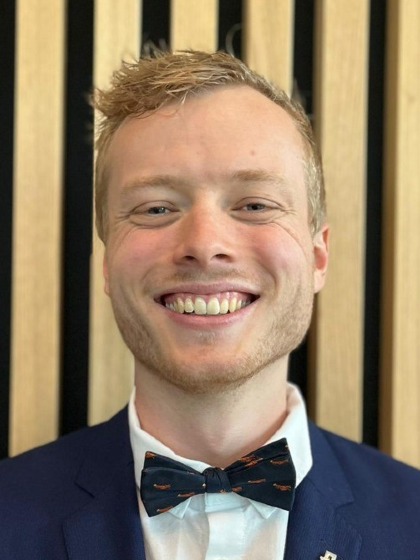
Contact
v.d.pool rug.nl
Functie
PhD Student
Membraan Transport, Synthetische Biologie, Enzymologie, Membraan Biologie, Fluorescentie Microscopie, Membraan Reconstitutie, Structuur-Functie van Eiwitten
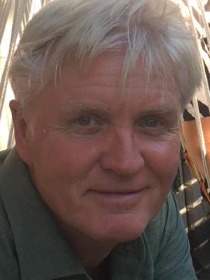
Contact
Functie
Hoogleraar Biochemie
Archaeal viruses; the archaeal cell surface; archaeal motility ; microscopy; genetics; virus-host interactions.
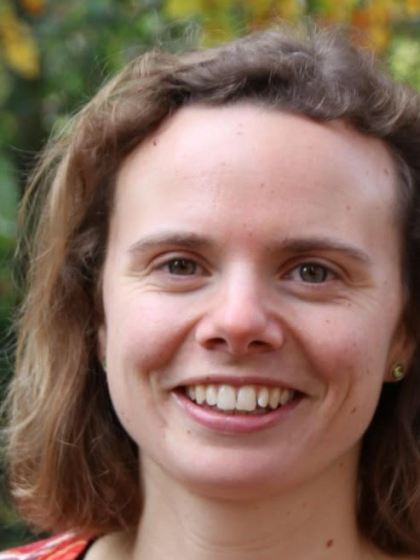
Biotechnologie
Farmaceutische Biologie
Farmacie
Moleculaire Biologie
Antibiotica
For more details See Publications in Google Scolar
Farmaceutische Biologie
Farmacie
Moleculaire Biologie
Antibiotica
For more details See Publications in Google Scolar

Contact
Functie
Hoogleraar Farmaceutische Biologie
Systems biology of Predatory Bacteria
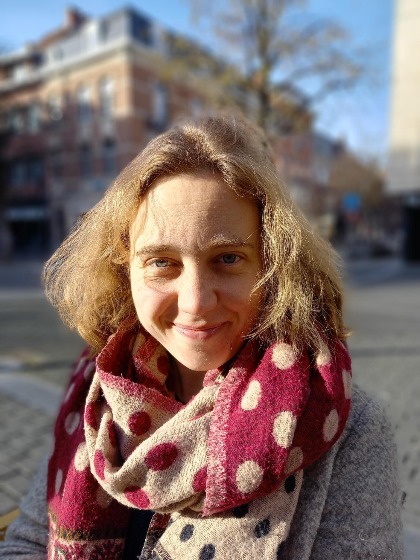
Contact
Functie
Assistant Professor
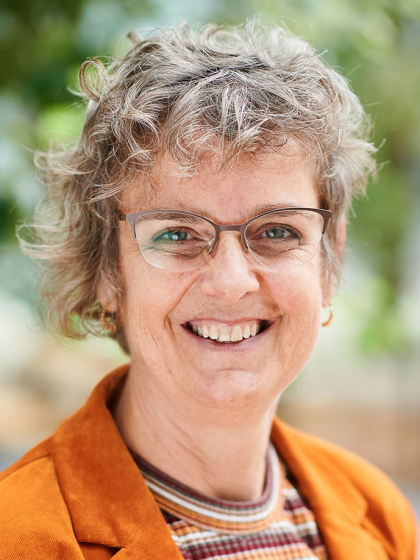
Contact
Functie
Educational Manager/ Lecturer Science and Society
Ontwikkeling en implementatie van moleculaire methodes voor het diagnosticeren van infectieziekten. Focus op het toepassen van op sequentie-gebaseerde technieken voor infectiepreventie, het aantonen en begrijpen van antimicrobiële resistentie, en de rol... lees meer
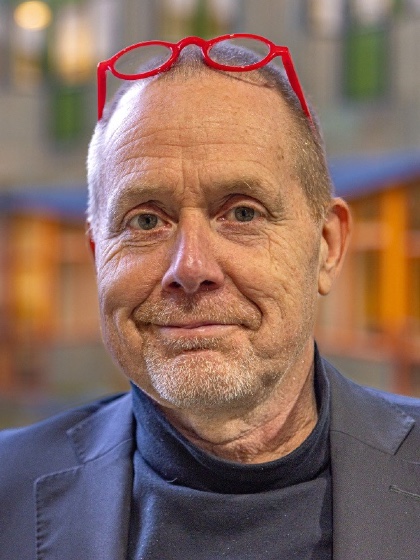
Contact
Functie
Bijzonder hoogleraar voor gepersonaliseerde moleculaire microbiologie
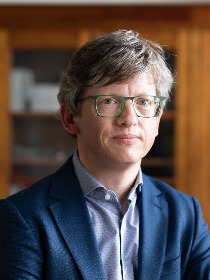
Contact
Functie
Hoogleraar Bacteriële Celbiologie
Biocatalysis, Redox enzymes, Biocatalytic cascades, Protein engineering, Synthetic biology, Strain engineering
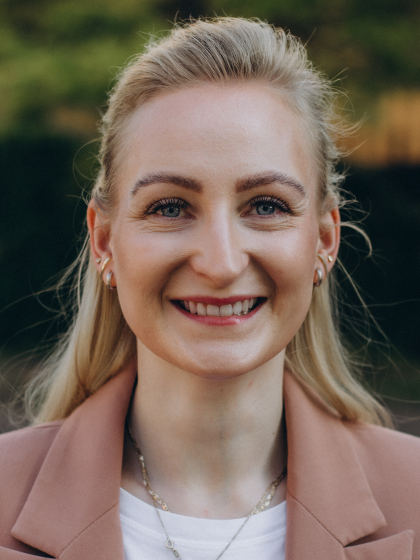
Contact
Functie
Assistant Professor (Rosalind Franklin Fellow)
archaea, archaeal viruses, virus attachment & entry, archaeal cell surfcae,

Contact
Functie
Postdoctoraal Onderzoeker
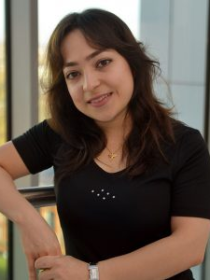
Contact
Functie
Vakgebied
I am a medical doctor working in the research field of molecular biology, biochemistry, microbiology.
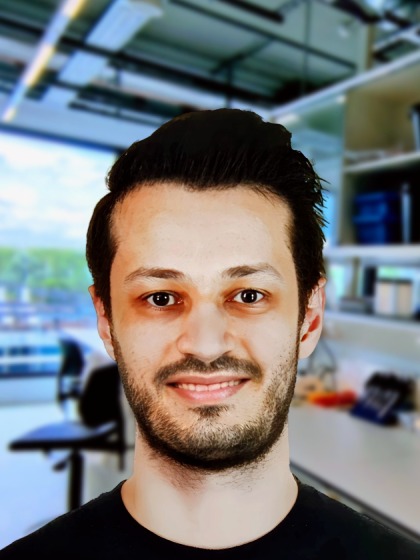
Contact
Functie
promovendus
Onderzoeksprogramma: Microbes in Health and Disease (MHD)
Onderzoeksprogramma: Critical care, Anesthesiology, Peri-operative and Emergency medicine (CAPE)
Research Institute: GUIDE
Onderzoeksprogramma: Critical care, Anesthesiology, Peri-operative and Emergency medicine (CAPE)
Research Institute: GUIDE

Bio-optical imaging, foreign body reaction, bacterial adhesion, biofilms, colloid and interface science

Contact
j.sjollema umcg.nl
Functie
Universitair docent
mariene algen, ecofysiologie, biogeochemie, klimaatgassen, DMS, pigmenten, pelagiaal, zeeijs
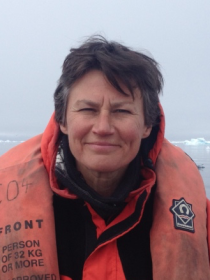
Contact
Functie
senior scientist
Fysiologie en ecologie van zeewier

Contact
k.r.timmermans rug.nl
Functie
honorair hoogleraar Mariene Plantaardige Biomassa
I am a community microbial ecologist with expertise in community composition of a variety of different soil organisms. My primary interest is in assessing the relationship between microbial and above-ground plant communities in semi-natural ecosystems and... read more

Contact
Functie
Gastonderzoeker
Vakgebied
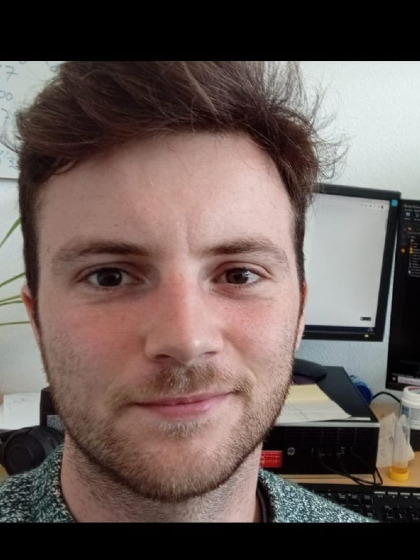
The group investigates ecological and evolutionary processes in (infectious) microbial communities. We aim to understand the genotype-phenotype-fitness relationships within (evolving) communities, and aim to elucidate the ecological drivers of evolution. ... read more
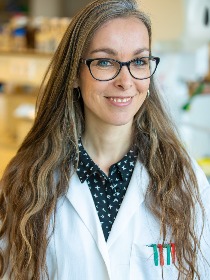
Contact
Functie
Assistant Professor
Vakgebied
Infectiepreventie, HAI

Contact
a.voss umcg.nl
Functie
Afdelingshoofd Medische Microbiologie en Infectie Preventie
Microbiologische veiligheid

Gut microbial genetic variation landscape and its interaction with host genetics and environment in human health
Multi-omics integration in population cohort
Role of gut microbiome in cardiometabolic and kidney health
Multi-omics integration in population cohort
Role of gut microbiome in cardiometabolic and kidney health

Contact
d.wang umcg.nl
Functie
Postdoc
Molecular Microbiology, Microscopy techniques

Contact
a.u.zielinska rug.nl
Functie

Contact
a.e.s.de.zwart umcg.nl
Functie
MD-PhD
Vakgebied
View this page in: English
